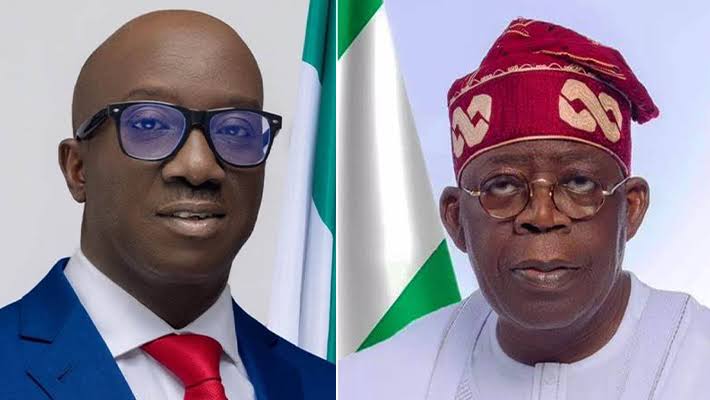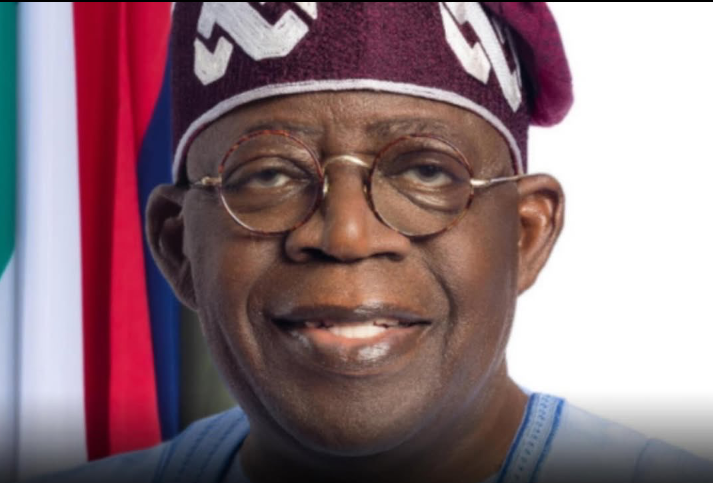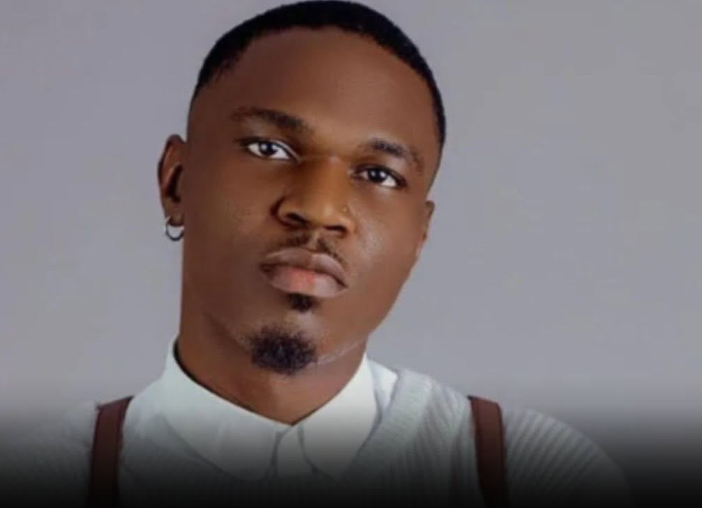
(Video): Edo Governor Orders Commissioners to Wear Tinubu’s “Asiwaju” Cap or Miss Exco Meetings

A viral video from Edo State has stirred nationwide debate after Governor Monday Okpebholo was seen directing his newly appointed commissioners to wear President Bola Tinubu’s iconic “Asiwaju” cap before entering executive council meetings — regardless of their outfit or cultural background.
The directive, issued during the commissioners’ official inauguration on October 14, 2025, has since exploded across social media, drawing both laughter and criticism over what many call a case of political overzealousness.
In the clip, Governor Okpebholo — addressing his freshly sworn-in team — firmly stated that attendance at state executive meetings would now be tied to adherence to the “Asiwaju identity.” He added that even those dressed in full traditional attire must still wear the distinctive cap associated with President Tinubu, stressing that it symbolizes loyalty and unity under the All Progressives Congress (APC). “If you come to the exco chamber without the Asiwaju cap, you won’t be allowed in,” Okpebholo declared, his tone half-serious yet unmistakably commanding.
The remark, while framed as a gesture of allegiance to the President, has fueled intense backlash online. Many Nigerians interpret it as a misplaced display of sycophancy, especially at a time when the country grapples with pressing economic challenges. “Imagine governing through fashion rules while inflation hits 34%,” one X user wrote sarcastically. Others mocked the move with memes of politicians Photoshopped in oversized Asiwaju caps, calling it “cap-tivated leadership.”
Political observers, however, see deeper implications. Edo State, recently won by Okpebholo after a heated election, remains a political battleground between APC and opposition parties. Analysts suggest the governor’s cap decree serves as a symbolic alignment with Tinubu’s federal government — a strategic attempt to consolidate his base and signal unwavering loyalty to the presidency ahead of 2027.
Yet, the optics have not played well with the public. Civil society commentators argue that such performative loyalty distracts from governance priorities like infrastructure development, unemployment, and education reform. “Leadership is not about dressing like your leader; it’s about delivering results,” one activist commented.
As of Tuesday morning, the video has racked up over 114,000 views on X, with thousands of quote posts ridiculing what some call “the most literal form of cap politics.” Supporters of Okpebholo, however, defend the gesture as harmless political symbolism meant to unify his team’s identity under one leadership vision.
Whether meant in jest or sincerity, Governor Okpebholo’s “cap rule” has undeniably made headlines — turning what was meant to be a routine swearing-in ceremony into a viral case study in the blending of fashion, politics, and loyalty theater in Nigerian governance.
Watch the video
Edo Governor Monday Warns New Commissioners: No Entry to Exco Meeting Without Wearing Asiwaju Cap
— Instablog9ja (@instablog9ja) October 14, 2025
pic.twitter.com/jQYOzzV9qw
Twitter Post
Visit website— BusterBlog.com | Politics & Power Moves


